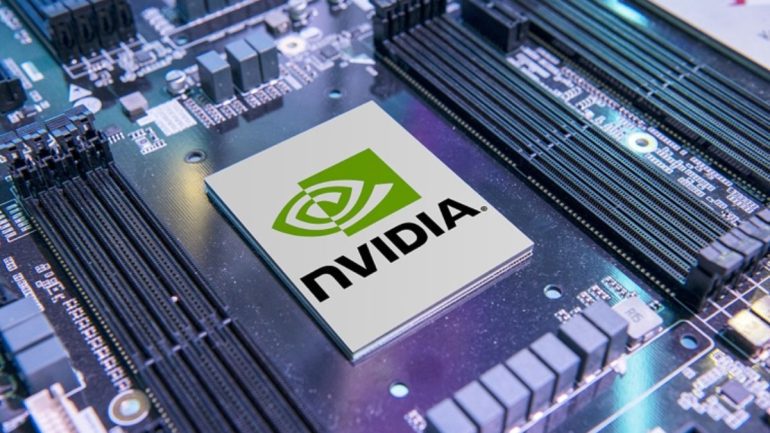- Nvidia is developing a new AI chip variant for the Chinese market to comply with US export restrictions.
- The chip, part of the “Blackwell” series, integrates two silicon blocks and includes the high-performance B200 processor.
- Nvidia will partner with Inspur for the chip’s launch and distribution in China, with the chip tentatively named “B20.”
- US export controls have motivated Nvidia to create three chips specifically for China, amid growing domestic competition from companies like Huawei and Enflame.
- Despite an initial slow start, sales of Nvidia’s H20 chip in China are increasing, with projections exceeding 1 million units and over $12 billion in revenue.
- The US is likely to continue stringent export restrictions, potentially including further measures and new rules affecting global chip markets.
Main AI News:
Nvidia is preparing a variant of its new flagship AI chip specifically for the Chinese market, ensuring compliance with current US export restrictions, according to three sources familiar with the situation. This new version of Nvidia’s “Blackwell” chip series, which is set for mass production later this year, integrates two silicon blocks, doubling the capacity of the previous model. Among the new processors, the B200 boasts a performance increase of 30 times in certain applications, including chatbot responses.
To facilitate the rollout, Nvidia will collaborate with Inspur, a major distributor in China, to launch and distribute the chip, which is tentatively named the “B20,” according to the sources. The sources requested anonymity as Nvidia has not yet made a formal announcement. A Nvidia spokesperson declined to comment, and Inspur did not respond to inquiries.
Following tighter US export controls on advanced semiconductors to China in 2023—aimed at curbing military advancements—Nvidia has introduced three chips tailored for the Chinese market. These controls have enabled domestic firms like Huawei and Tencent-backed Enflame to make inroads in advanced AI processors.
Nvidia’s new Blackwell chip for China is expected to bolster the company’s efforts against these competitors. China accounted for approximately 17% of Nvidia’s revenue for the year ending in January, down from 26% two years prior. Despite a sluggish start for Nvidia’s H20 chip—initially priced below a rival Huawei product—sales have surged, with estimates suggesting Nvidia will sell over 1 million H20 chips in China this year, potentially generating over $12 billion.
The US is anticipated to maintain its stringent stance on semiconductor exports, with potential further restrictions on chipmaking equipment from the Netherlands and Japan. Additionally, the Biden administration is considering new measures, including guardrails for advanced AI models like ChatGPT. Recent reports also indicate a potential new rule allowing the US to block products made with American technology, causing a global decline in chip stocks.
Conclusion:
Nvidia’s strategic development of a China-specific AI chip underscores its adaptability to US export controls and its commitment to maintaining market share in a challenging environment. The company’s efforts to comply with regulations while advancing its technology in China reflect broader trends of geopolitical tensions influencing the global semiconductor industry. As competition from domestic Chinese firms intensifies, Nvidia’s move to bolster its presence in China with tailored products may help mitigate revenue declines and sustain its competitive edge. However, ongoing US regulatory pressures and potential global restrictions on chipmaking equipment could continue to impact the market dynamics, affecting both supply chains and international trade relations in the technology sector.

